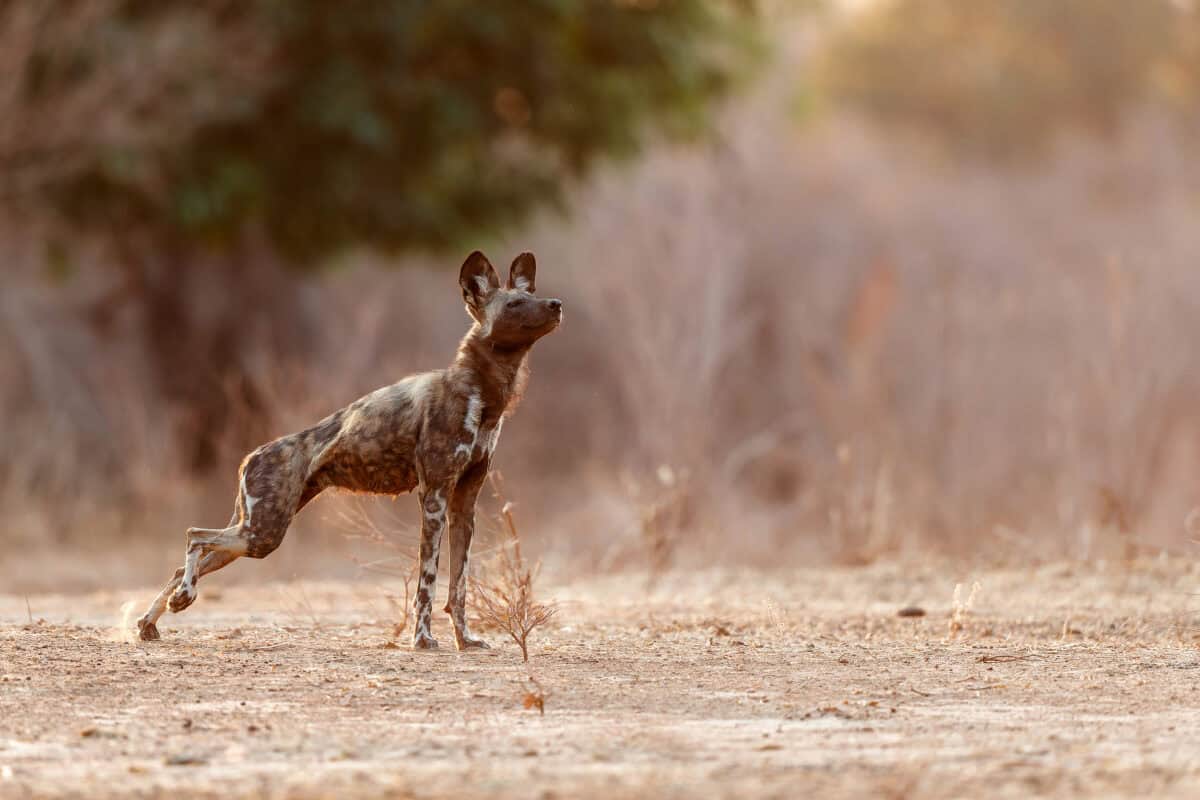African wild dogs (Lycaon pictus) or painted wolves are among the most endangered species in Africa. One of my favorite memories is going to Kruger National Park and coming across a pack of painted wolves. I remember my parents telling us that the experience could be a once-in-a-lifetime experience because they are one of the most endangered predators. Recent conservation efforts have established a sperm bank to safeguard their future.
Population Status of African Wild Dogs
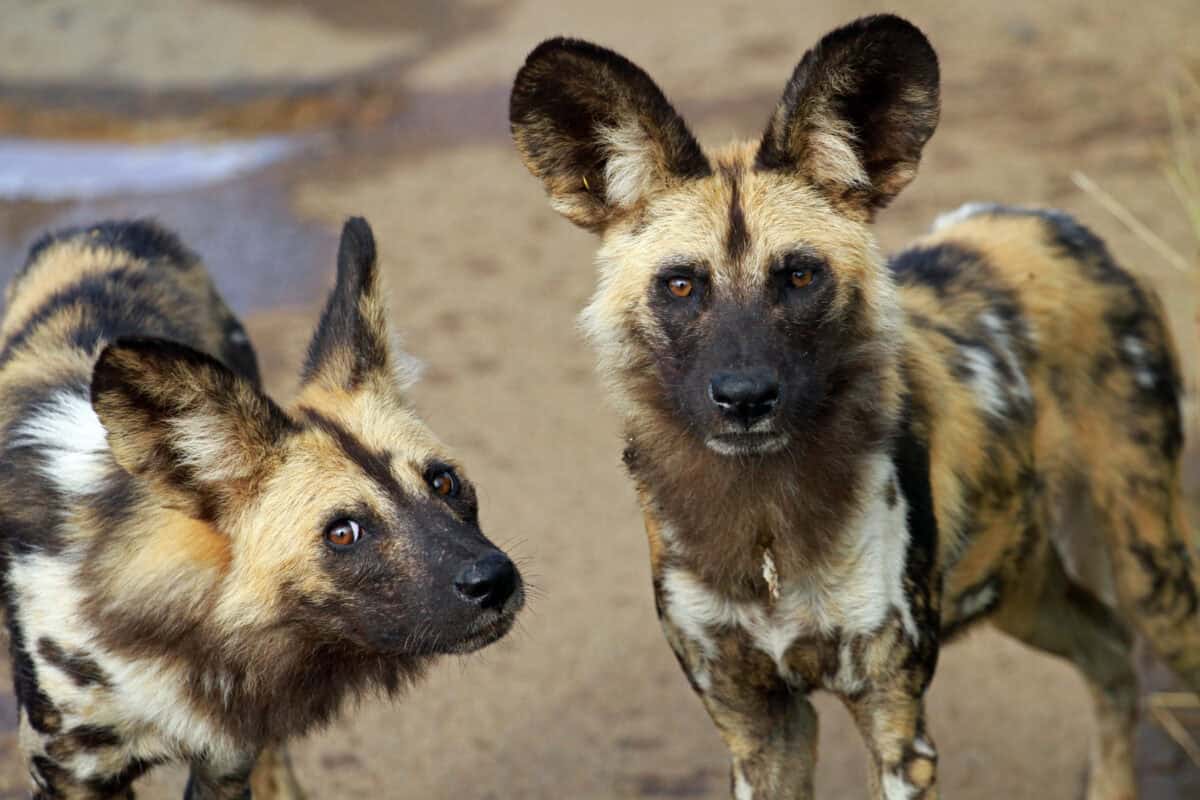
The current estimates of the African wild dog population are fewer than 7,000 individuals. There are around 7,000 individuals left in the wild. They are residents of sub-Saharan Africa. They have declined drastically due to human expansion and the resultant habitat loss.
Conservation Challenges
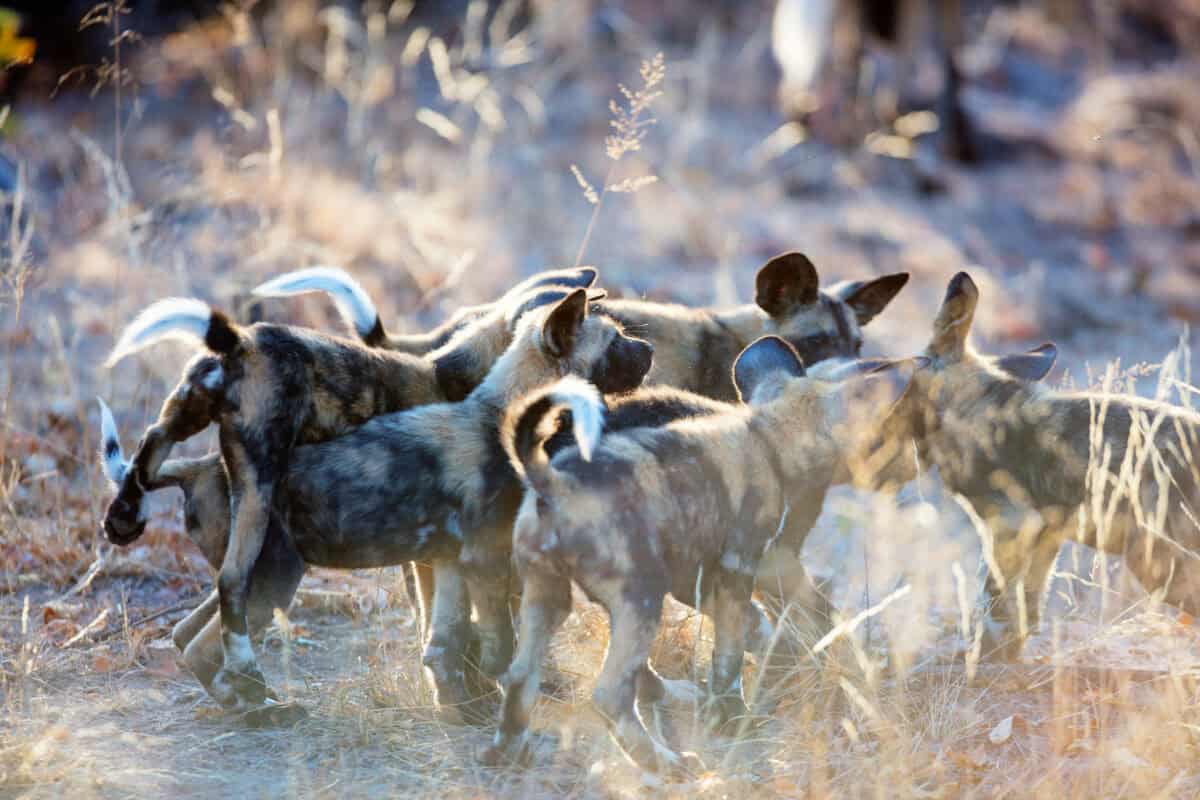
Conservationists are faced with multiple challenges including human wildlife conflict, diseases transmitted from domestic animals and habitat fragmentation. Habitat fragmentation is one fo the principle threats to African wild dogs. The isolation of populations prevents the natural migration and mixing of different packs which is crucila for maintaining genetic diversity. Additionally isolated populations are prone to inbreeding. This could lead to genetic disorders and decrease the populations overall fitness.
Wild Dog Sperm Bank
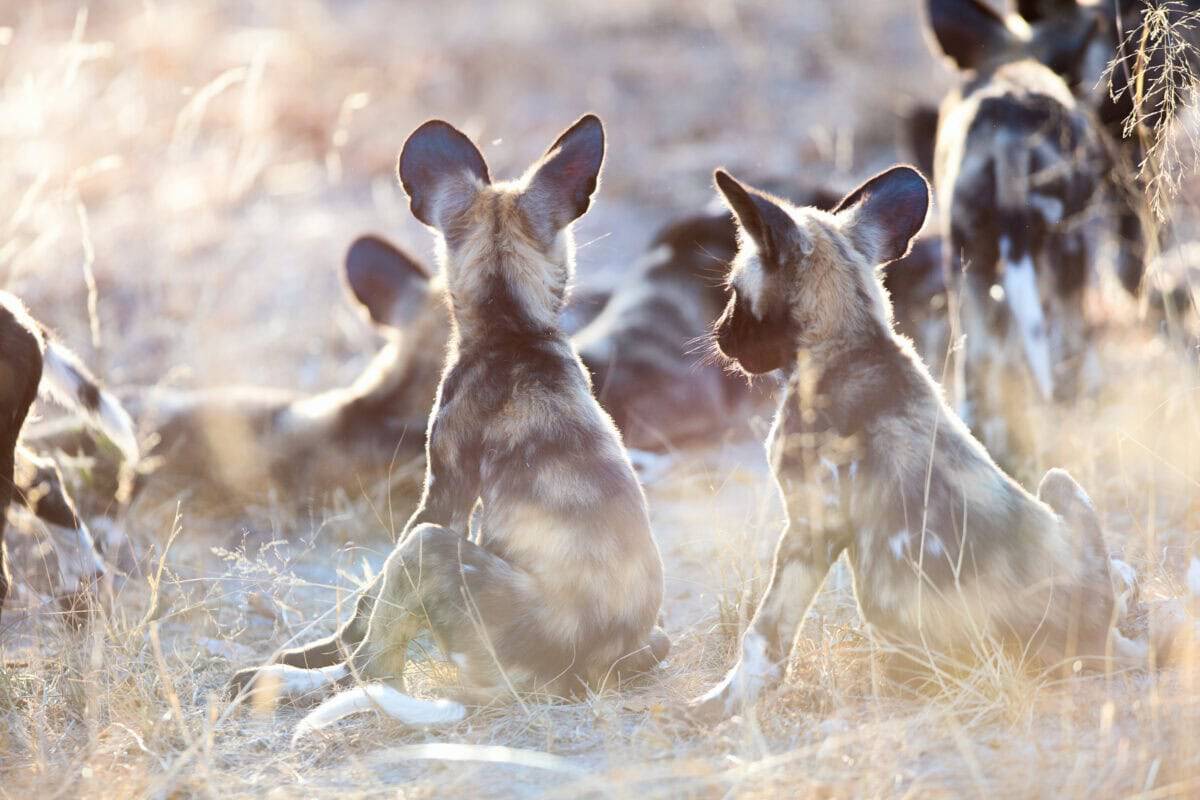
Conservationst have come up with an innovative plan to help spread genes across populations that are genetically isolated. The initiative spearheaded by the Institue for Breeding Rare and Endangered African mammals involves collecting and freezing sperm from genetically diverse males and using it for artificial insemination. This method is less stressful and risky compared to physically relocating the animals to introduce genetic material.
Expected Outcomes
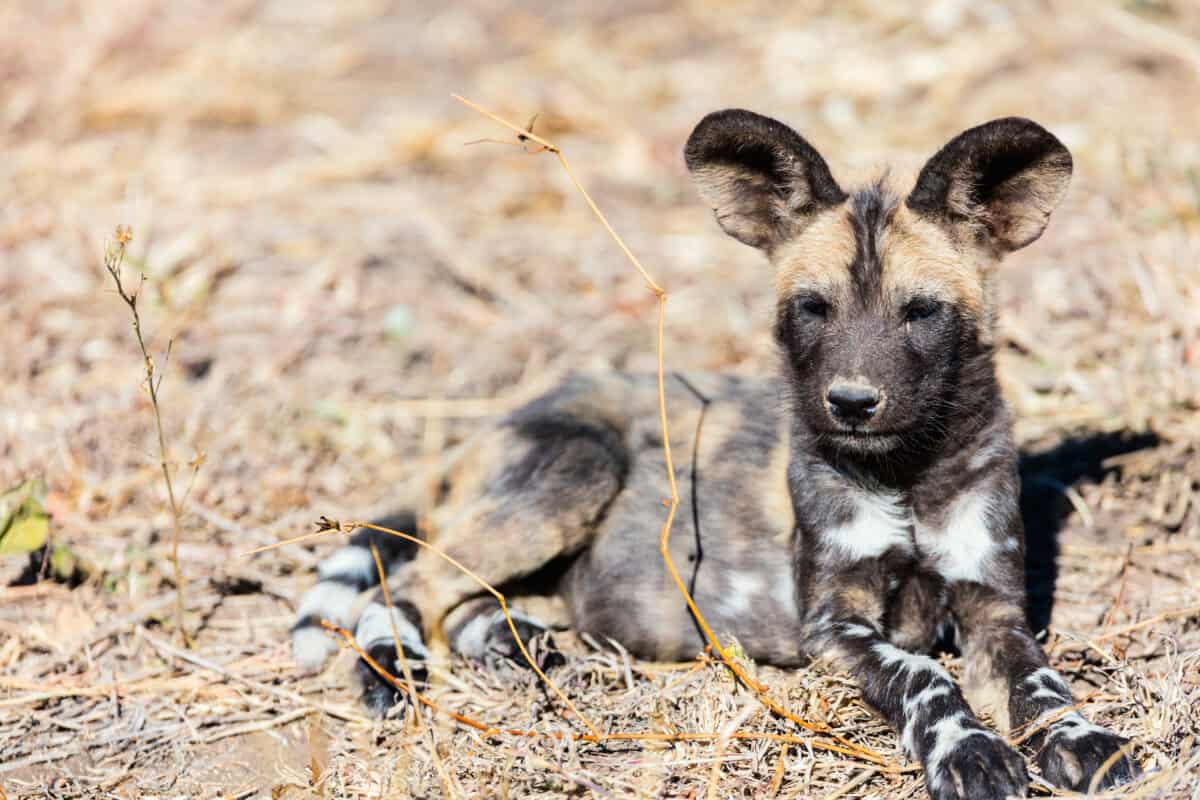
Artifical insemination is expected to increase gentic diverity quicker than natural methods would. Additionally, introducing genes from individuals which are immune to certain diseases can enhance the resilience of the population. The sperm bank is also a long-term repository of genetic material which could be useful for future conservation efforts.
Cost Effective
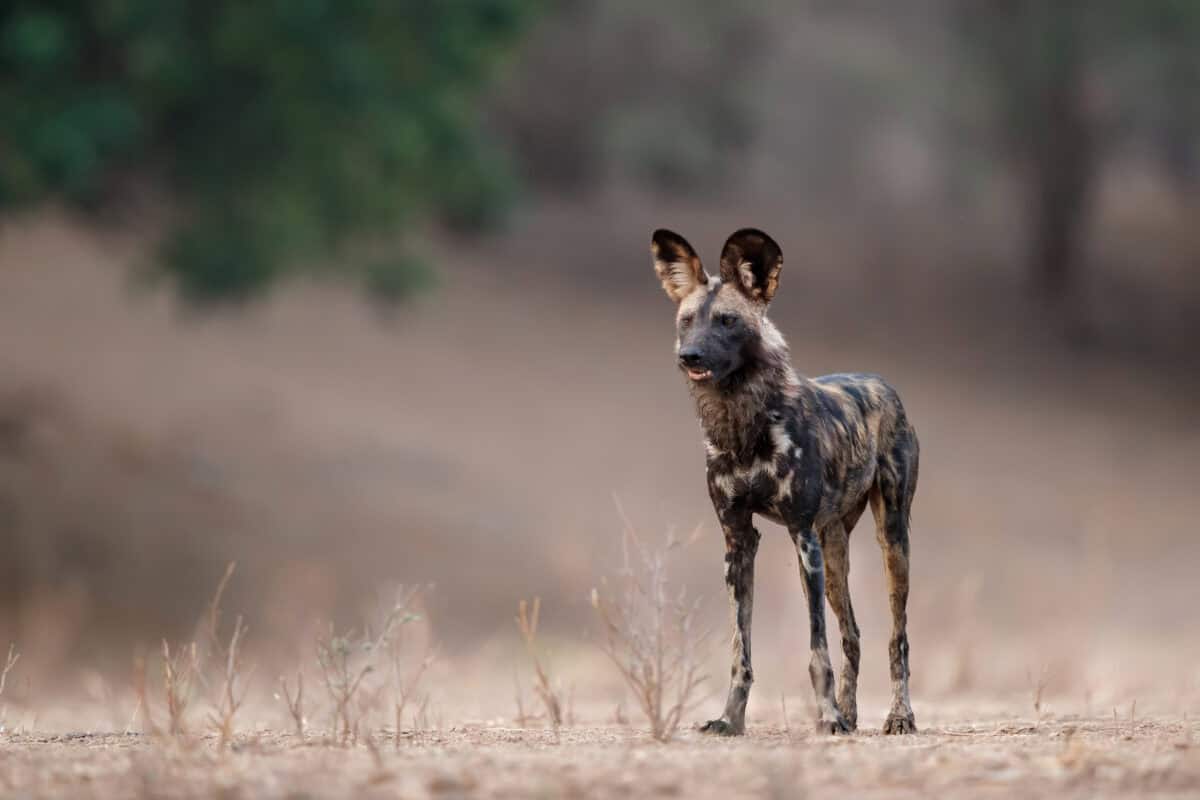
This innovative conservation approach is cost-effective. It reduces the need for large numbers of animals to maintain genetic diversity and therefore it decreases the overall cost of the conservation efforts.
Supporting the Initiative
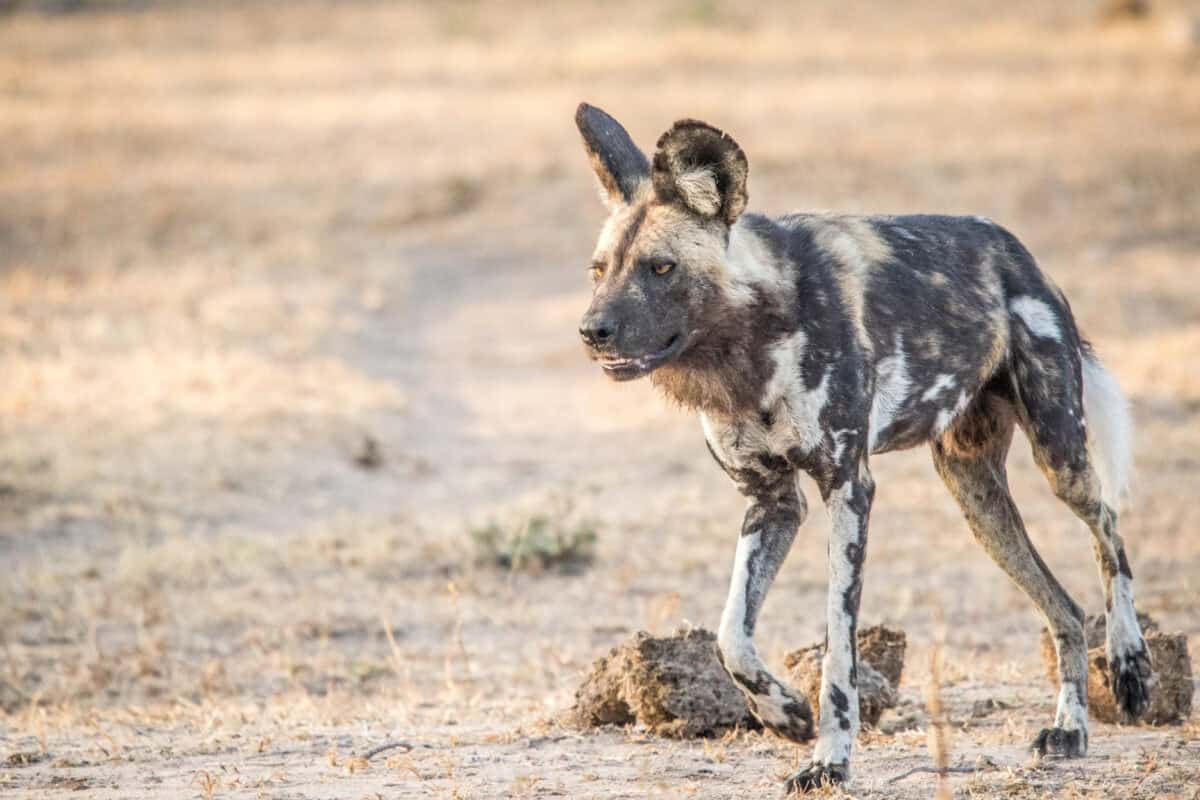
Large organisations such as the World Wildlife Fund and Fauna & Flora International are working to secure the future of this species. Supporting these intiatives through docnations, awareness and advocay can help ensure their prolonged future on earth.
Conclusion: The African Wild Dog
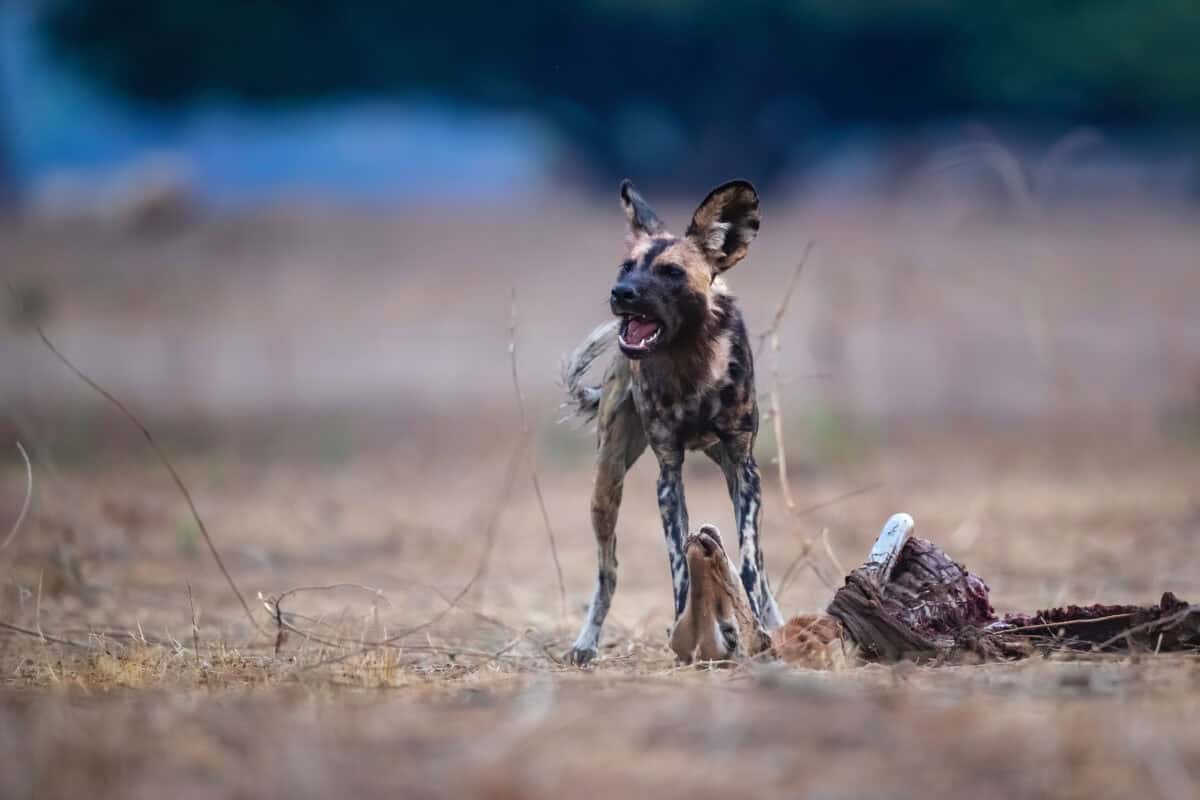
Human impact on wild animal populations are becoming increasingly evident. Innovative conservation efforts are the last hope for many of these species. Through global support and continued research the future is promising. I hope one day I will be able to take my grandchildern to see the African wild dogs in the Kruger National Park.
You might also enjoy:
Lion Scratch on Bedroom Door and Wants to Come Inside
Watch: The Fierce Loyalty of Wild Dogs Against a Lion
Stranded Lion Gets Attacked by Hippos
- 7 Birds of Prey in America - April 19, 2024
- Ocras Steal A Baby Humpback Whale - April 17, 2024
- This Lady Doesn’t Need to Buy Herself Flowers—Her Cat Brings Them to Her! - April 17, 2024

